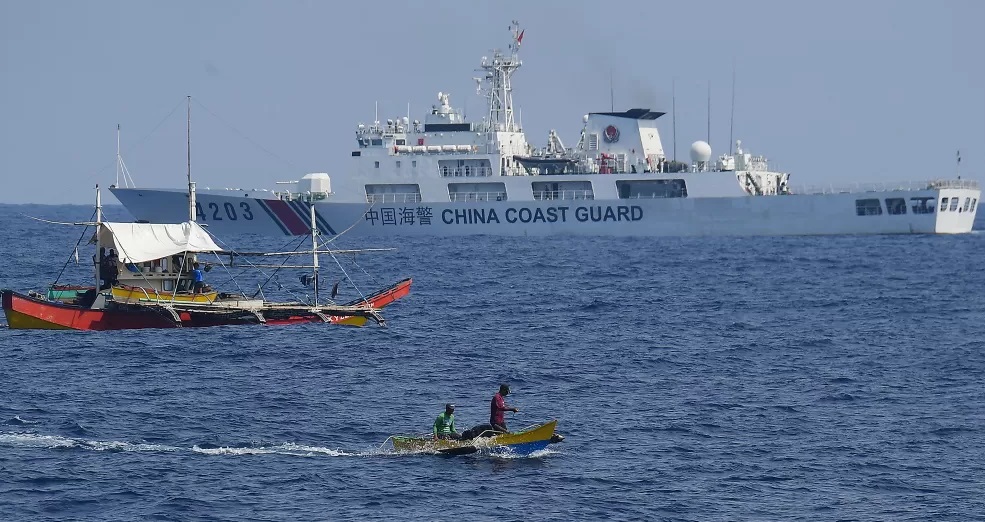Malaysia ignores China, expands exploration in the South China Sea
In a letter, Beijing called upon Kuala Lumpur to stop oil and gas activities in Malaysia’s exclusive economic zone, which China challenges. In addition to the Philippines and Vietnam, tensions are bound to rise with Malaysia as well, with Chinese coast guard vessels permanently patrolling the Luconia Shoals.
Kuala Lumpur (AsiaNews) – China’s warning against Malaysia a few weeks ago not to continue exploration activities in oil and gas fields in the South China Sea has fallen on deaf ears.
The Southeast Asian country is challenging already frayed Chinese nerves and raising the tension level by continuing mining activities right under the watchful eyes of China’s Coast Guard whose ships maintain a constant presence in the area.
According to Bloomberg News, short-range coastal monitoring data show that Chinese coast guard vessels have upped the ante, consistently operating in waters claimed by Malaysia.
The Washington-based Asia Maritime Transparency Initiative (AMTI) found that at least one Chinese Coast Guard vessel is stationed in Malaysia's exclusive economic zone or continental shelf almost every day.
Despite China’s hardening position, Malaysia is not only continuing its oil and gas production, but has also expanded exploration activity in an area claimed by Vietnam and the Philippines, Bloomberg News reports.
Chinese ships reportedly spend most of their time near the Luconia shoals, a group of mostly submerged reefs 80 nautical miles (150 kilometres) northwest of the Malaysian state of Sarawak on Borneo Island, which sit between several major Malaysian oil and gas projects.
A leaked letter from China prompted Prime Minister Anwar Ibrahim to publicly acknowledge the long-standing dispute, just as his government sought to promote deeper economic ties with China.
“China is a great friend, but of course, we have to operate in our waters and secure economic advantage, including drilling for oil in our territory,” he said during an official visit to Russia.
Stretching from mainland China and Taiwan to Malaysia and Indonesia, the South China Sea is a crucial waterway for global trade, including about 37 per cent of the world's maritime crude.
China has claimed a vast swath of the waters, relying on a vague 1940 map, the so-called nine-dash line, widely rejected by other countries and a UN tribunal.
Malaysia’s state-owned company Petronas operates in areas under Malaysian sovereignty in the South China Sea.
Kuala Lumpur claims an exclusive economic zone (EEZ) of 334,671 sq km, and 200 nautical miles (370.4 km) from its coasts, which encompasses much of the southern part of this big sea.
To assert its broad claims, China uses a maritime militia made up of fishing boats and coast guard ships to swarm resource-rich waters, effectively blocking other countries such as the Philippines and Vietnam from tapping into the deposits beneath the surface.
“While China’s presence at Luconia Shoals is continuous, it doesn’t come close to matching the scale of activity farther north in the Spratly Islands, where Beijing has deployed dozens of coast guard and hundreds of militia ships to contest Philippine activities in disputed waters,” the AMTI report reads.
“However, with Malaysia’s expanding drilling and a potential reduction in China-Philippine tensions, Beijing could ratchet up the pressure on Malaysian hydrocarbon production,” it goes on to say.
29/05/2020 15:53







.png)










